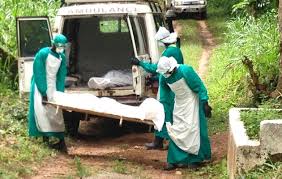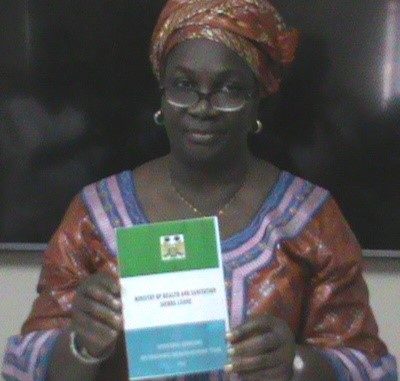
Freetown, May, 30, 016 (MOHS) – Deputy Minister of Health and Sanitation, Madam Madina Rahman has officially launched Guidelines on Active Surveillance for Disease Surveillance Officers and Health Facility Surveillance Focal Persons in Sierra Leone at a ceremony held at the Ramsy Laboratory Conference hall in Freetown.
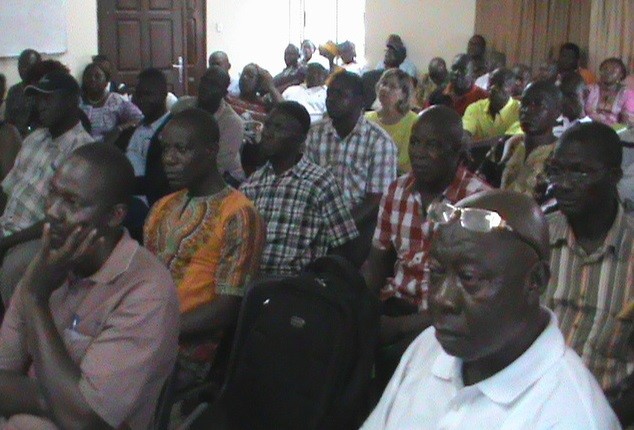
Cross section of the audience
Addressing District Medical Officers, Medical Superintendents and Surveillance Officers, Madam Rahman underscored the importance of the Guidelines, noting that it would help Rapid Response Team in the event of future outbreaks.
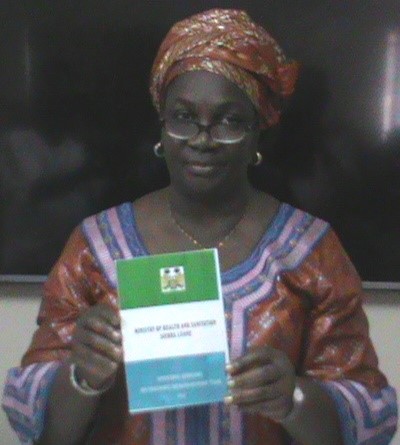
Acting Health and Sanitation Minister, Madam Madina Rahman
launching the document
She described the launching as another vital event in the history of public health in Sierra Leone, the Deputy Minister noted has had several outbreaks and emergencies in the past years with Ebola being the unprecedented one which lasted for more than 12 months.
The Ebola Madam Rahman reiterated resulted in socio-economic and social challenges within 13 affected districts in the country, reminding her audience that now that the rains have started, the biggest threats are diarrhea disease outbreak including cholera. Any delay in these three aspects, she said would result in rapid spread of infectious diseases and can be costly and experience to the Ministry and communities.
She told health officials that establishing an efficient system for detecting investigating rumours of outbreaks are of paramount importance to the Ministry and Sierra Leone at large, adding that the launching of the Rapid Response Team Guideline is a positive milestone.
The Rapid Response Team Guidelines, Madam Rahman opined would set the basis of operation for the Rapid Response Team in terms of investigation, confirmation and provision initial response for any outbreak. The Guidelines, she maintained would enable the Rapid Response Team at all levels to provide an efficient timely investigation and response to any rumour or identified outbreak. The Rapid Response Team, She added will not operate in isolation but rather within the structures of the Ministry in partnership with specialized agencies, and thanked all those who in diverse ways contributed to the completion of the work including Centre for Disease Control, WHO, APHL, and Deputy Chief Medical Officer, Dr. Amara Jambai for his leadership role in the process.
Making her remarks, the Country Representative, Association of Public Health Laboratories (APHL) Sierra Leone, Haja Dr. Isatta Wurie, described the Guidelines as a tool that would now lead them to attack any outbreak.
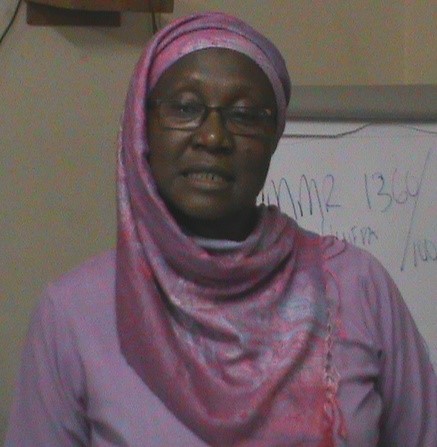
APHL Country Representative, Haja Dr. Isatta Wurie
Before now, Dr. Wurie lamented, they had no existing system, and were going different directions.
The Acting Country Director, Centre for Disease Control (CDC) USA, Laura Shelby lauded the Team that worked on the Guidelines, describing it as a credible integrated tool for future outbreaks and reiterated CDC’s continued support to the Ministry of Health and Sanitation as well as the Rapid Response Team.
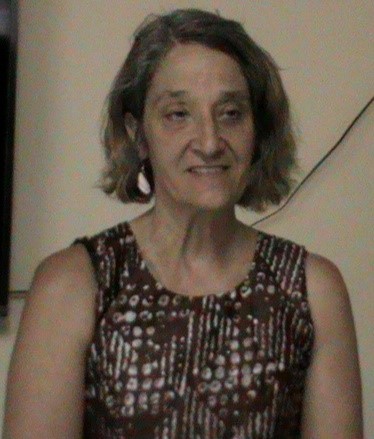
Acting Country Director, CDC USA, Laura Shelby
The Deputy WHO Representative, Dr. Abdoulie Jack said the document leads the way forward for especially those in the districts where the impact is needed at all level.
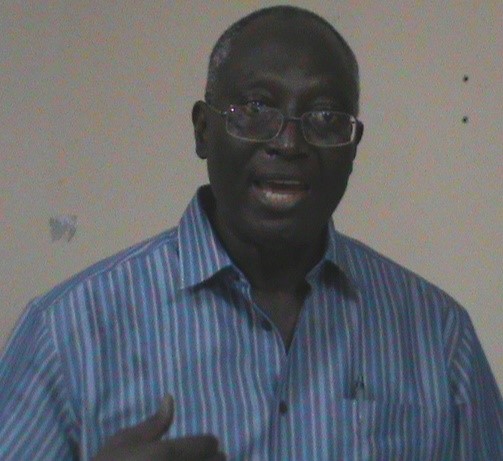
WHO Deputy Representative, Dr. Abdoulie Jack
He added that the Guidelines would help vulnerable communities prone to epidemic and registered WHO continued support to the Ministry and the country.
Deputy Chief Medical Officer, Dr. Amara Jambai who led the process, described the partnership with WHO CDC, APHL and others as tremendous and resourceful, and reminded District Medical Officers that they are key in knowing much about the recently launched Guidelines on must be seen at the centre of positive implementation.
JAK/KK/MOHS/SLENA



